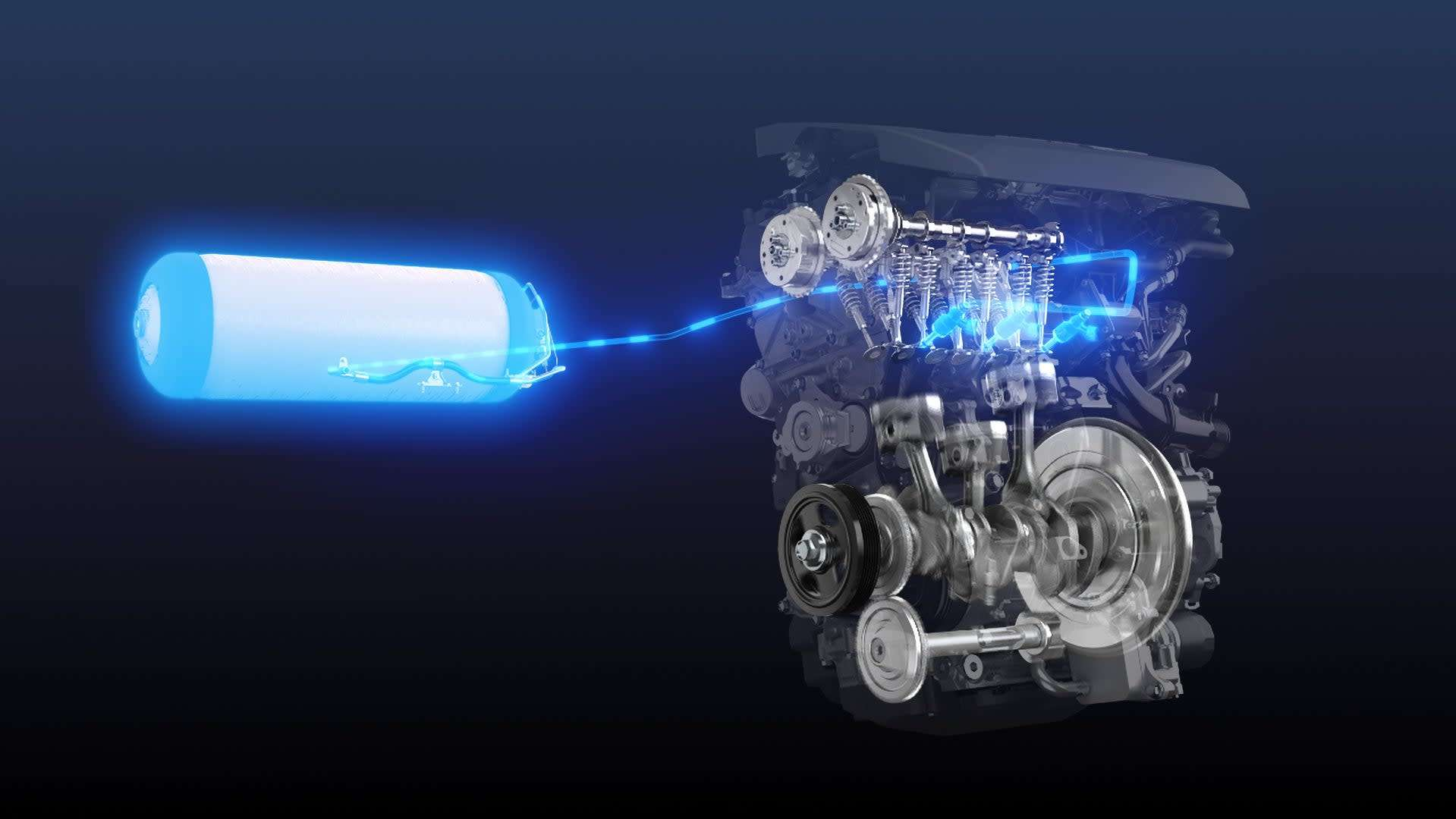Toyota To Develop Its Hydrogen Combustion Engine During 24 Hour Race
Racing has always been a great way to develop new forms of technology, but most folks don't use the track as its entire research and development center—but Toyota is doing just that by entering its hydrogen-powered Corolla in the third event of the Super Taikyu endurance racing series, a 24-hour event at Fuji on May 21-23.
Basically, hydrogen combustion engines combine the best of both worlds. You get to keep your engines that are powered by thousands of explosions, and you get to do right by the environment at the same time. There are some minor emissions as a result of oil burn, but it's nowhere near as bad as it is from a gasoline engine.
Here are a few more details from the press release:
Combustion in hydrogen engines occurs at a faster rate than in gasoline engines, resulting in a characteristic of good responsiveness. While having excellent environmental performance, hydrogen engines also have the potential to relay the fun of driving, including through sounds and vibrations.
The hydrogen engine included in the converted Corolla is a 1.6-liter turbocharged three-cylinder. So, unlike the Toyota Mirai production car, the brand is not using hydrogen combustion to generate electricity to power the car. Instead, it's directly harnessing the power created by hydrogen combustion via an injection system.
Of course, there are reasons why hydrogen combustion isn't really A Thing. If you ignore the fact that it's incredibly difficult to produce or store the liquid hydrogen required to power these cars, you still can't deny the fact that energy efficiency for hydrogen combustion can run as low as 20-25 percent. Even if you're able to get past the fact that it's an absolute disaster to source the fuel, you're still faced with the fact that you're using a totally inefficient form of fuel.
And, yes, there may be fewer carbon emissions, but you're still faced with nitrous oxide emissions as a result of burning hydrogen. You know, that pollutant that took center stage in Dieselgate.
Toyota's development of a hydrogen combustion engine is bold in and of itself, but it's only going to be all the more difficult developing this engine on the race track. The Japanese brand claims the whole goal here is to perform development in extreme conditions that mimic the extreme conditions of real life. We'll have to wait and see how well it performs on the track.
